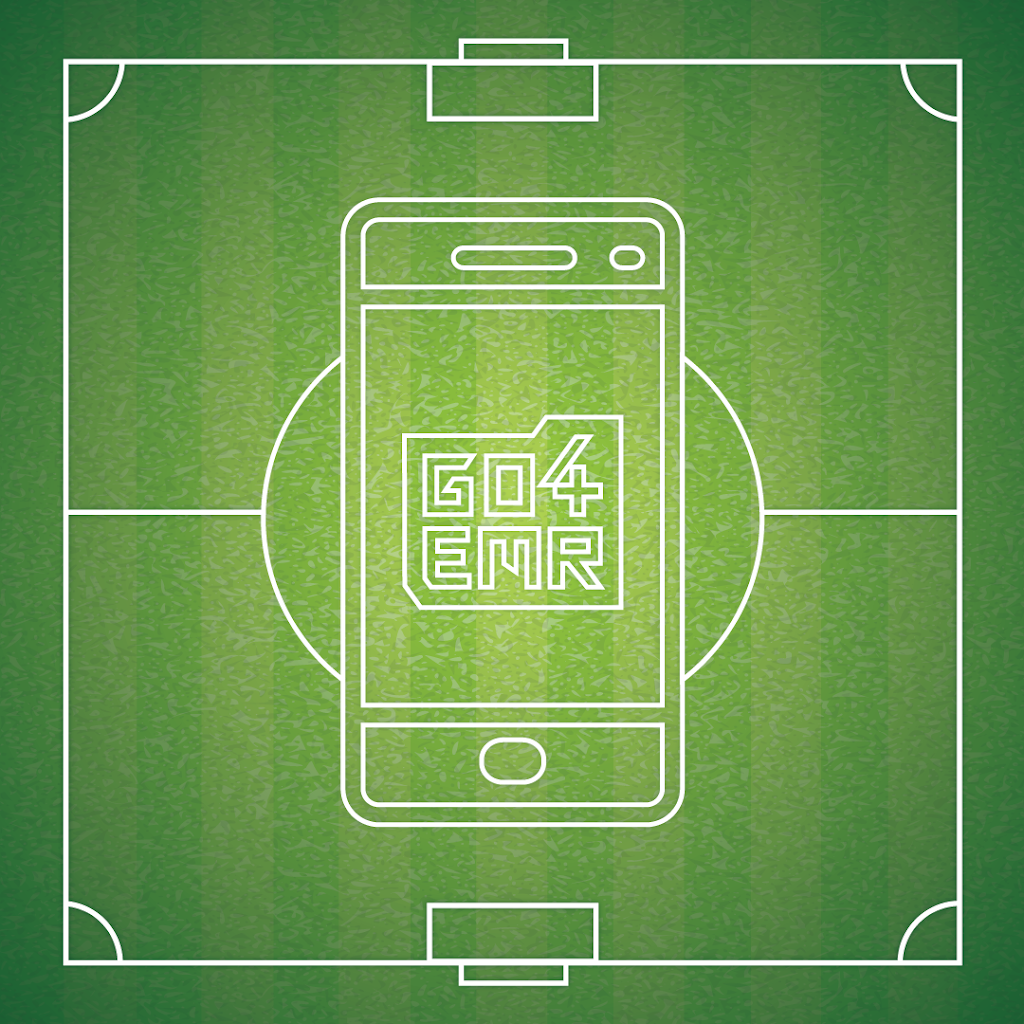College athletic trainer, explained.

College athletic trainer, explained.
College Athletic Trainers: An Introduction
Did you know that one of the sectors with the most jobs for athletic trainers is colleges and universities? Athletic trainers are needed for all of the NCAA divisions as well as a wide variety of junior college athletics, intramural, and club programs. Well over 5,000 athletic trainers already work to help keep college sports a safe environment. Will you be among them? We look at this potentially lucrative job setting for athletic trainers.
What Do College Athletic Trainers Do?
Athletic trainers, or ATs, are medical specialists that focus on (but are not limited to) the recovery, management, and prevention of injury in athletes. They’re very often the first responder on the scene post-injury, and will remain an active and involved part of treatment and rehabilitation. They collaborate with other doctors through emergency and follow-up care. They also assist with treatment programs and injury prevention, and will liaise with all parties to determine when the athlete may return to training and competition.
How To Become A Collegiate Athletic Trainer?
It takes many years of undergraduate and graduate-level education to become a college athletic trainer. Here’s a look at your education path.
Education Requirements For College Athletic Trainers
Currently, you will need at least a 4-year Bachelor’s degree to get hired as an athletic trainer. However, legislation changes are imminent to insist that you also complete a 2-year Masters’ program as well, so plan ahead.
Accreditation Requirements For College Athletic Trainers
Becoming a college athletic trainer doesn’t stop with education. You will also need to get certified with the BOC, or Board of Certification, by passing your exams. You may need to pursue additional state licensing based on where you live. California is the only state that does not require state licensure. You need to demonstrate ongoing education via Continuing Education Units to maintain your certification.
How Much Do College Athletic Trainers Make?
The average college athletic trainer salary will vary a lot, depending on the prestige of the program you work with, sporting divisions, and so on. Your state and location can also affect your earnings. However, the average salary for college athletic trainers hovers around $45,000, and can end upward of $70,000 for high-responsibility positions.
Pros & Cons To Being A College Athletic Trainer
Collegiate athletic trainer jobs come with pros and cons, of course. It can be an immensely rewarding career path for the right person, but not job is free of downsides, either. Let’s take a closer look.
Advantages To Being A College Athletic Trainer
There are some major advantages to athletic trainer jobs. Many in the field find their work challenging and rewarding- will you?
Advantage #1 – Involvement in Sports
A role as an athletic trainer helps you stay involved in the sporting world even if you don’t have on-field talents. You will help shape and nurture young athletes, and set the tone for their future.
Advantage #2 – Growing Field
Prospects for college athletic trainers are looking up. The field has been growing even through the difficult current job market. And that growth potential shows no sign of slowing down, with more institutions, states, and leadership boards realizing the enormous downside of operating any sporting event without an athletic trainer on the sideline.
Advantage #3 – Variety
You will face an ever-changing variety of challenges as an athletic trainer. No two injuries, matches, or athletes are the same. This keeps your job fresh and engaging over time, and stops you falling into a work day rut.
Disadvantages To Being A College Athletic Trainer
Of course, even the best jobs have downsides. Here are three disadvantages to being a college athletic trainer to consider:
Disadvantage #1 – Stress and Pressure
Athletic training jobs can be very stressful. You have the bodies, health, and career of young athletes in your hands. Likewise, you will be the middle person and communication point between the college, other medical specialties, the athlete, and their family. This means you can have a lot of unique pressure brought on you from each side.
Disadvantage #2 – Changing Schedule
Athletic training is not a 9-5 position. There will be travel with the team, and an ever-shifting schedule around games. While this can be a thriving environment for some, it will not suit others.
Disadvantage #3 – Long Hours
Your work hours and schedule is not fixed, and it can be grueling and long at times. You may not have your nights or weekends to yourself, and (especially in season) it can feel like you are doing nothing but working. Hopefully you have high job satisfaction to offset this.
Get Hired With Go4
Does becoming a college athletic trainer sound right for you? The Go4 platform is here to make finding on-demand athletic training jobs easy and lucrative for employer and employee both. Simply register on our platform, provide proof of your credentials, and get to browsing jobs. It’s a great way to dip your toe in the wider college athletic training environment, and see if this challenging field is right for you.
GET HIRED NOW! Go4 is a nationwide app/platform that connects teams and organizations with per diem Athletic Trainers for games, practices, camps, clinics, and tournaments.
Enter your email address to get started. We’ll follow up with instructions to download our app and apply for your first gig.
Are you an Athletic Trainer?
Join us!
From per diem shifts to full-time opportunities, AT resources, PLI, a free EMR and more, Go4 is the essential AT app. Sign up now!
"*" indicates required fields
Other articles you might like

What’s the deal with Standing Orders?
How do I get standing orders as an athletic trainer? Q: What are standing orders? A: Standing orders, aka medical protocols, establish the scope of practice for an athletic trainer. Under the direction of a physician, they are an overview of the specific skills that the AT is legally able…

AT Spotlight: Thomas Obergefell, Athletic Training from the Dugout
Name: Thomas Obergefell, MS, ATC, LAT Nickname: T.J. Alma…

Middle School / High School / College / Any School EMR – The Importance of Documentation
Go4’s in-app Electronic Medical Record We all know the reasons why it’s important to thoroughly document, but incase you forgot, here they are:…